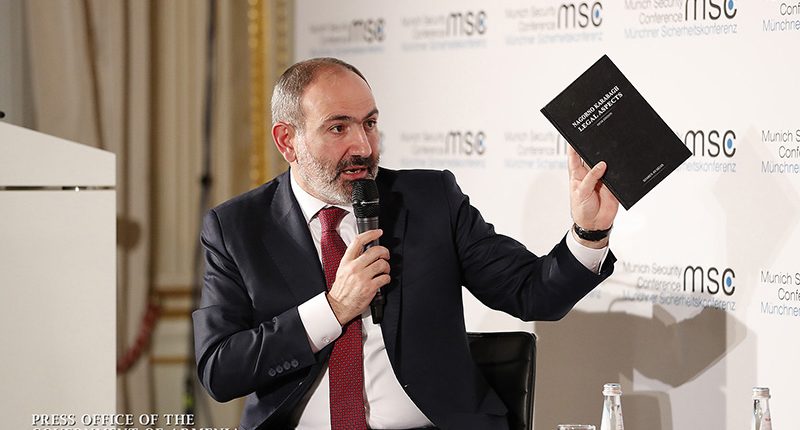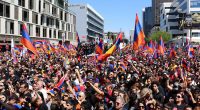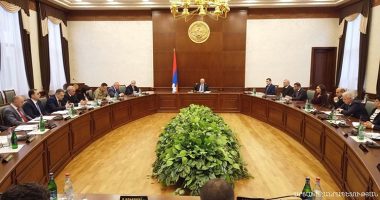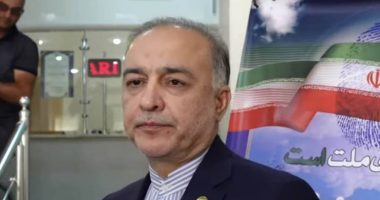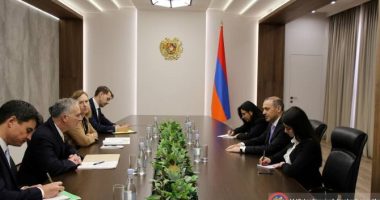The annual Munich Security Conference held last weekend was attended by presidents, prime ministers, foreign ministers, top diplomats and security experts from more than 70 countries. Armenia was represented at the conference at the highest level. Both President Armen Sarkissian and Prime Minister Nikol Pashinyan were in attendance and had active participation at the conference. President of Azerbaijan Ilham Aliyev was also present.
Within the framework of the conference, the leaders of Armenia and Azerbaijan held an interesting debate-discussion, during which the parties presented their countries’ views on the Karabakh conflict and expressed their ideas on how to resolve the issue. At the end of the debate, the Armenian Prime Minister posted on his Facebook page, the six key principles that he had discussed during the conference and referred to them as “Munich Principles.”
- Nagorno-Karabakh has gained independence just like Azerbaijan.
- Nagorno-Karabakh is a party to the conflict and no settlement is possible without its participation in the negotiations.
- There are no territorial issues, there are security issues. Nagorno-Karabakh cannot compromise its security.
- It is not possible to resolve the conflict in one or two steps. In the negotiation process “micro revolutions,” then “mini revolutions,” and lastly, breakthroughs are needed.
- Any solution to the conflict must be acceptable to the people of Armenia, the people of Karabakh and the people of Azerbaijan. Armenia and Karabakh are ready to make serious efforts to find such a solution. Azerbaijan should also show such readiness.
- The Nagorno-Karabakh conflict has no military solution. If anyone says that the issue has a military solution, the people of Karabakh will respond that it has been resolved a long time ago.
With these principles, an Armenian leader, for the first time ever made it known to his people and the international community the frameworks on which future negotiations should proceed.
As anticipated, at the end of the debate, there was no shortage of armchair critics of the Armenian Prime Minister’s performance. He should have mentioned the massacres of Baku and Sumgayit, he should have talked about the tragedy of Talish village and Safarov’s axing of an Armenian officer at a NATO training facility while he was asleep,
he should have discussed the history going back to the 19th-century, he should have walked out when President Aliyev insulted the Armenian people. These and many other opinions were expressed by politicians and public figures, without realizing that the discussion was not about the historical events. The diplomats and international experts were there to hear the views of the waring parties on how to resolve an ongoing conflict which the international community has a great interest in.
Pashinyan did not mention the massacres of Baku and Sumgayit, however, when Aliev accused Armenians of committing the “khojalou massacres,” he was quick to remind everyone the words of Ayaz Moutalibov, Azerbaijan’s president at the time, who publicly accused his country’s secret service in organizing the khojalou events as a pretext to remove him from office.
This public discussion was generally productive for Armenia, especially since the Azeri president was suffering from a lack of counterarguments and was repeating the same “broken record” of “return our occupied territories and everything else will be fine.”
With the public presentation of the “Munich Principles,” one hopes that claims about Pashinyan’s readiness to hand over the liberated lands to Azerbaijan will be put to rest, once and for all.
“MASSIS”

